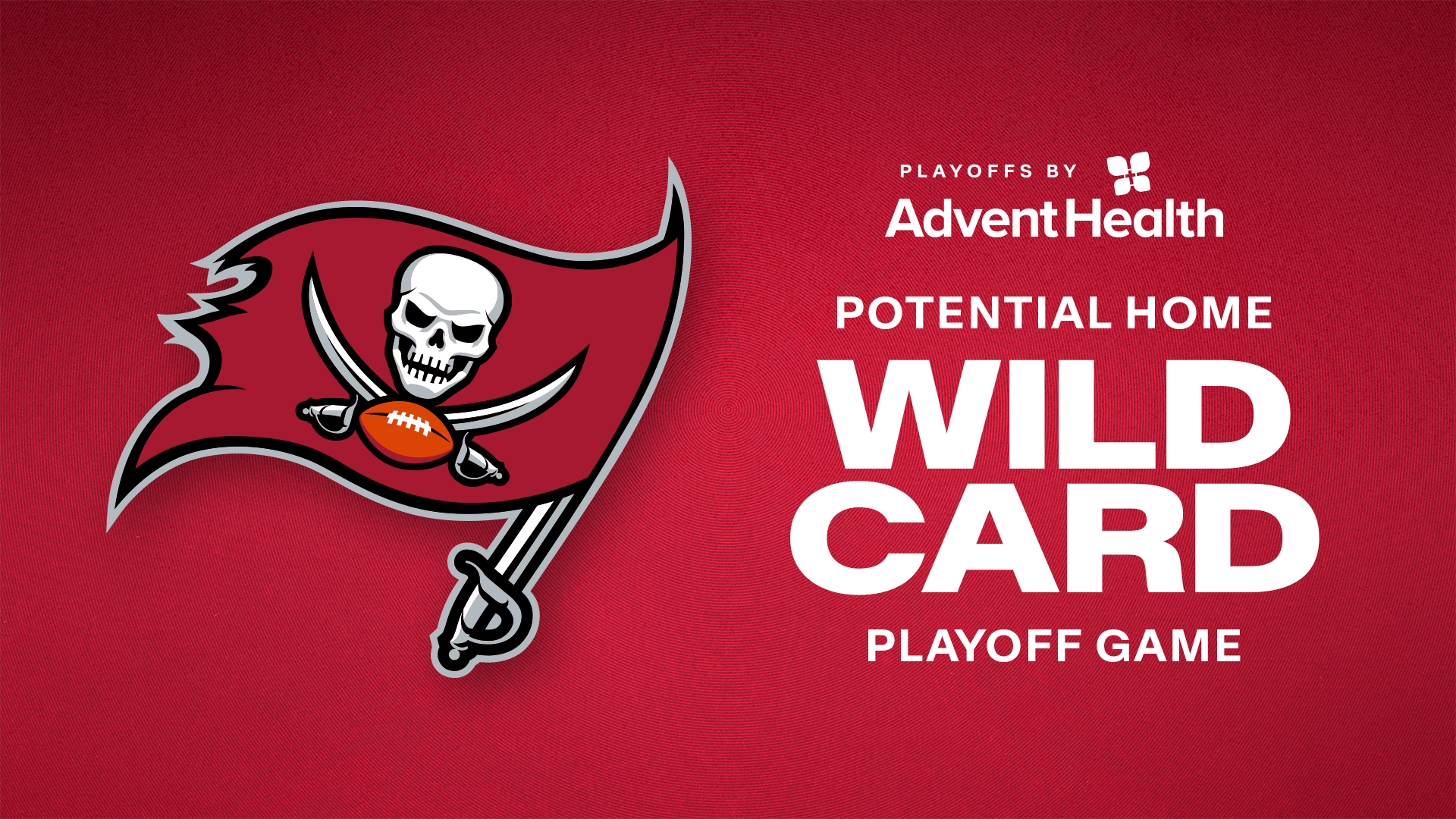WR Maurice Stovall (85) and RB Cadillac Williams are set to become restricted free agents in March under the new CBA rules
Coaches, scouts and personnel pros for the Tampa Bay Buccaneers will head to the NFL Scouting Combine in Indianapolis on Wednesday. By the time the whole group returns to One Buccaneer Place, the following Tuesday, the beginning of free agency will be less than three days away.
Thus, despite the 300 or so draft prospects milling around the Combine facilities and a dense schedule full of workouts, exams and interviews, Buccaneers General Manager Mark Dominik will find his attention split between those two huge offseason events. The draft is what brings NFL general managers to Indy, but free agency concerns still occupy a good portion of their time at the Combine.
"When we go to the Combine, we set up time to meet with as many of the agents for our players as we possibly can," said Dominik. "It's a chance to be face to face with our guys. I'll certainly already have scheduled meetings with some of the agents of our players just to talk to them. We'll look at each guy individually and see if there's a deal that makes sense to our organization and to the player."
That task is complicated - or perhaps broadened - this year by the looming onset of the "Final Year" in the current collective bargaining agreement (CBA). The usual free agency rules are tweaked in some significant ways during this uncapped year; most notably, players now must have six accrued seasons in the NFL in order to become unrestricted free agents, not four.
The result of that change is more than 200 players who would have become unrestricted free agents on March 5 - players in the primes of their careers and in many cases set to hit free agency for the first time - are instead going to be restricted free agents. As long-time NFL fans understand, the difference is enormous. By extending a tender offer to a restricted free agent, that player's original team retains a right-of-first-refusal, allowing it to match any offer the player receives from another team. Even more importantly, any team that wishes to sign away another team's restricted free agent is likely to have to send back draft-pick compensation, depending upon the size of the tender offer.
The implications are obvious for the players. What does this suddenly new free agency landscape mean for general managers and other team planners?
"It just makes you re-plan and re-think what you want to do and how you want to tender players," said Dominik. "That's the biggest thing - what do you do with all these guys that we have that are restricted free agents. How do you tender them? How do you talk to them? How do you work through this?"
That's something every team is going to be contemplating in the coming days. The deadline for making tender offers to restricted free agents is March 4, and the decision-making this year involves five different possible levels for those offers. The lowest offer simply gives the team its right of first refusal, but the others all carry draft-pick compensation, ranging from the player's original draft round to a second-round pick to a first-round pick to - at the top of the tender list - first and third-round picks.
That top-level tender offer requires a club to pay the player roughly $3.2 million next season, or 110% of what the player made last season, whichever is higher. Obviously, in many cases that will be worth it for a team to protect its rights with a valuable player.
"If you take him to a full tender and you put a guy at a one and a three, it's going to take a lot for another club to come in there," said Dominik. "Let's say a club wanted to come and make an offer to a player on our squad that we tendered a one and three, we would still have the right to match it. It would be our choice whether we decide to select the first and third-round picks or match the contract to make sure we didn't lose that player."
Will any teams be motivated to give up first and third-round picks and a large contract for another team's restricted free agent? Given that the pool of unrestricted free agents is going to be much smaller than usual, it's certainly possible that a team will be motivated to do so. On the other hand, those assets could be viewed more highly than in other years because the 2010 draft is considered one of the deepest in awhile.
"Last year when we made the determination to trade for Kellen [Winslow], our selection was in the 50s, and to me at 50-something you would never get that type of talent," said Dominik. "We'll look at each player individually like that and say, 'If they're asking for this, could we find that in this year's draft?' Now, this year's draft class, as has been well-documented, is a very, very strong draft class. It's got talent. That second, third and fourth round are very talented, and certainly the first. It's a deeper draft class, so it's going to make it that much more difficult to want to part with a pick."
The Bucs are in a typical position regarding restricted free agency, with nine players set to become restricted free agents with four or five accrued seasons. There are just over 200 players in this category across the league, or about 6.5 per team (all of these totals are subject to change). That list includes such well-known NFL standouts as Miles Austin, Logan Mankins, DeMeco Ryans, Darren Sproles and Shawn Merriman. Dallas and San Diego have the longest lists, with 12 such players each. The Super Bowl-winning New Orleans Saints have a 10-man list.
The Buccaneers' list includes four players who were full-time starters last year: left tackle Donald Penn, right tackle Jeremy Trueblood, running back Cadillac Williams and middle linebacker Barrett Ruud. A fifth player on the list, wide receiver Maurice Stovall, started seven games last year. Receivers Brian Clark and Mark Bradley and linebackers Matt McCoy and Rod Wilson round out Tampa Bay's list.
At this point, it seems quite unlikely that the league and the players will avoid this unusual offseason with a new CBA before March 5. That means teams and their impending free agents can move forward expecting to play under the new rules. What makes things a bit more complicated, however, is the specter of an eventual new CBA, the exact settings for which are impossible to predict.
"At the end of the day, in the hope that we obviously get a CBA extension, we don't know if unrestricted free agency would be three years, because I'm sure the Players' Association would like it to be two years or three years. And I'm sure there are clubs that would say, 'Hey, great, let's make it six years.' We don't know what the rules will be going forward. It could be five, it certainly could be back at four - we don't know. No one knows what the future really holds."
One thing that hasn't changed under the revised system is the window of opportunity for teams to re-sign their own free agents before the start of the open market. Until March 5, players who are set to become free agents can deal with their existing teams but not any others. Despite the uncertainty of what the new CBA will look like, some teams may decide to negotiate with their restricted free agents on a long-term deal, rather than rely on the tender offers and rights-of-first-refusal.
"It's the rules that we're governed under, and to look at them and say, 'If this what happens to be going forward, how do we view it and how do we handle it and what are we going to do going forward and what kind of precedent are we setting?'" said Dominik. "For the player, when you go to the bargaining table and try to figure out a long-term deal they have a number in mind they think is right and fair and we have a number in mind that we think is right and fair. If you decide to go down the road, you just have to figure out how to meet in an equitable place."
























